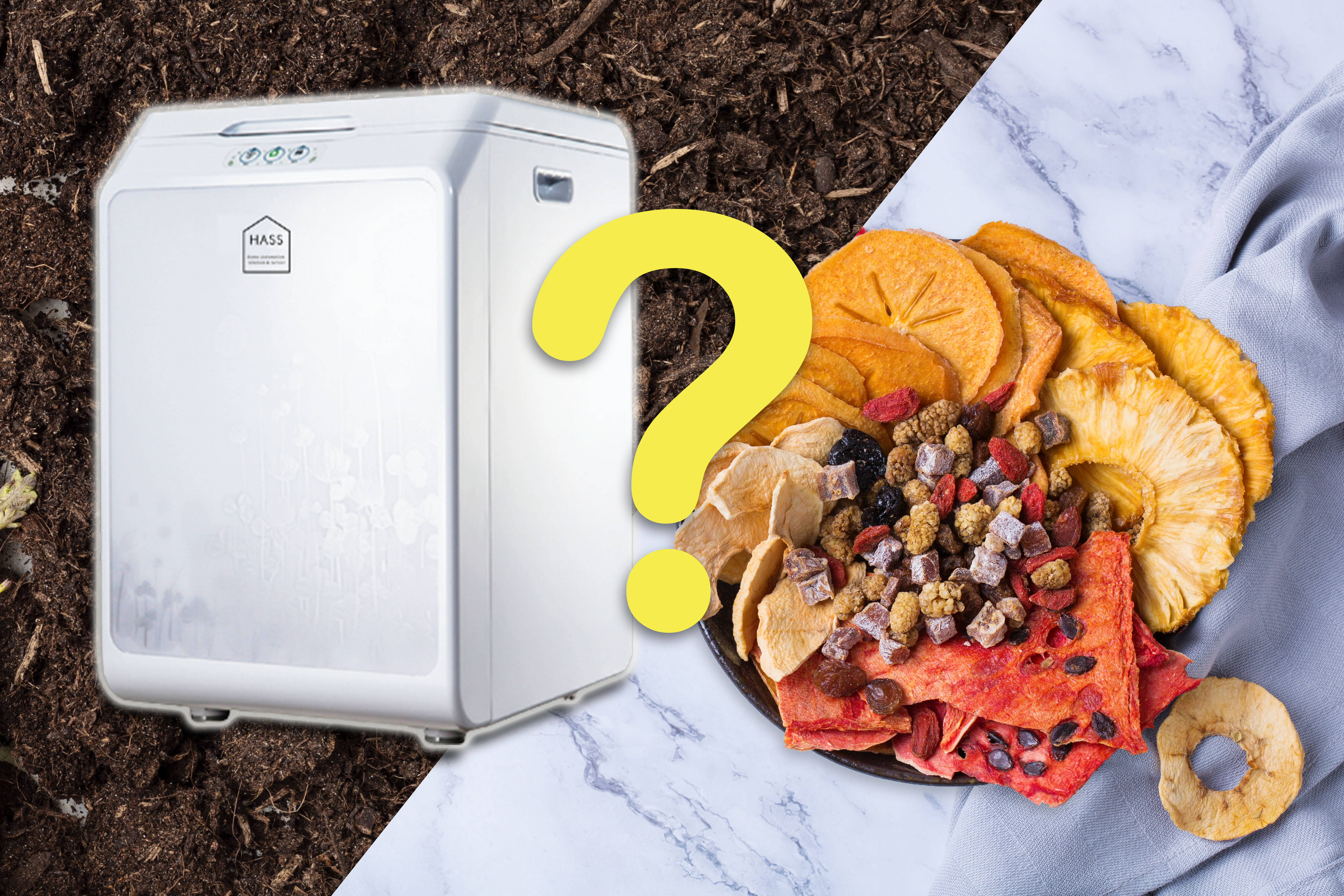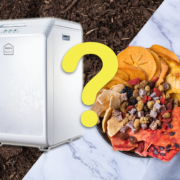So, what is the difference between an electric composter vs food dehydrator machine? Environmental conservation is so important today, and more and more people are working to reduce the amount of rubbish they throw out each day in a whole host of ways. One of the best ways to do this is through composting or breaking down your food waste.
Traditional compost heaps in the garden can be a good solution if you have plenty of space, a lot of time and aren’t concerned with encouraging pests, bad smells and sometimes failure as it is not easy to get right. For everyone else, an electric composter or food dehydrator can be a much better choice, so here we will take a look at these options and help you decide which the best one is for you.
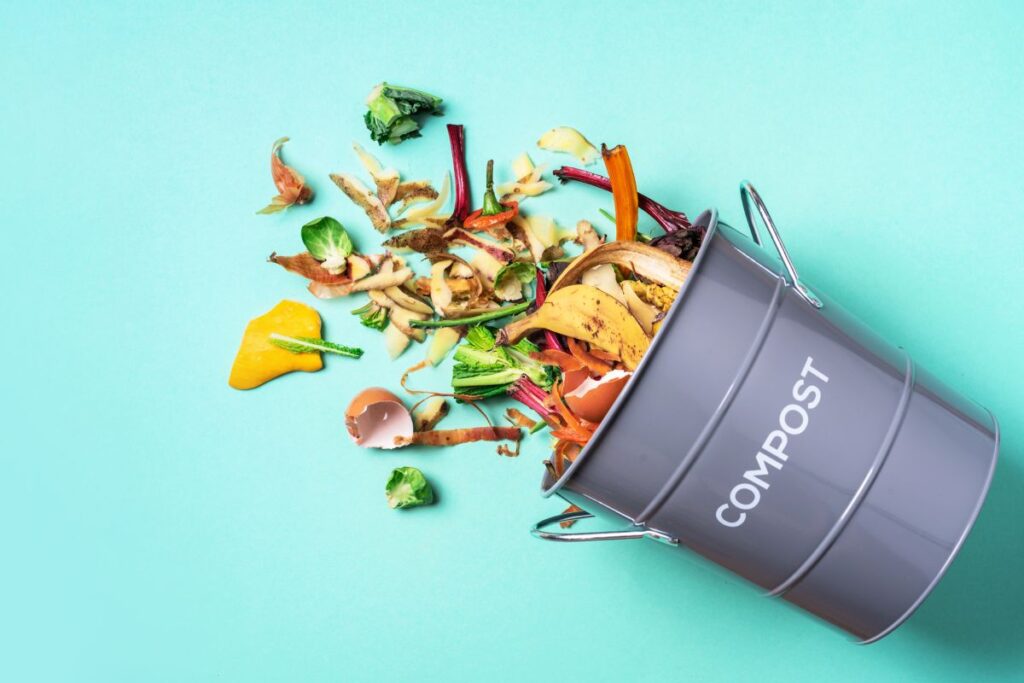
What is an electric composter?
An electric composter is a machine that breaks down food waste quickly and effectively using microorganisms. The first time that you use your electric composter, you add in the microorganisms along with your waste, and let them get to work. In a truly impressive sustainable cycle, you only need to add them once and then they will continue to self-produce and break down food as long as you follow the user guidelines.
Within 24 hours (sometimes longer for more dense food scraps density) the items that you would have just thrown in the bin are transformed into rich, organic fertilizer which can then be used to grow new plants and food. You can transform as much as 1-2kg up to 10kg (depending on the size of your machine) of scraps into useful compost each day, naturally digesting it and breaking it down in a process much like that of our own stomachs.
What is a food dehydrator machine?
Food dehydrating machines are often confused with electric composters and the names used interchangeably, but in reality, they have several key differences. Some food dehydrator suppliers use misleading product descriptions, so it is important to do your research. While food dehydrators are also used to break down waste, they do not use microorganisms to do it. Instead, these machines use high levels of heat to reduce the volume and weight, creating a sterile biomass that can then be added to soil or used in other ways.

While they do take a similar amount of time to complete the process, you don’t add natural microorganisms to get to work creating organic compost, but rather heat it to the right temperature to burn off the fluids and kill the bacteria and pathogens.
What are the pros and cons of electric composters?
There are a number of reasons why an electric composter is the better choice for most homes to help reduce their waste. Whether you are looking to help save the environment, looking to save money on homemade and organic fertilizer, or keeping smells to a minimum.
Here are some of the pros to getting an electric composter
It is self-sustaining
Once you have bought your electric composter and got it set up with the correct amount of microorganisms, it will work by itself to break down the scraps that you add without the need for constant monitoring or huge amounts of energy or heat.
As long as you don’t add any of the items that should not be placed inside your composter, it will work as a healthy ecosystem to naturally transform your waste quickly and efficiently.
It is environmentally friendly
Recycling is essential today to help the planet, and food recycling is a huge part of that. Upwards of a third of all waste that ends up in landfills is organic and could have been composted or otherwise treated instead of being chucked in the bin.
While in many places you can put your food in a separate bin to then be taken to a larger composting site, this is still a less-than-perfect solution involving transporting waste that you could have recycled at home.
Composting your food waste is truly the best option available, as it not only reduces the rubbish in landfills and keeps it in the same place but also provides nutrition for the next generation of plants in your garden.
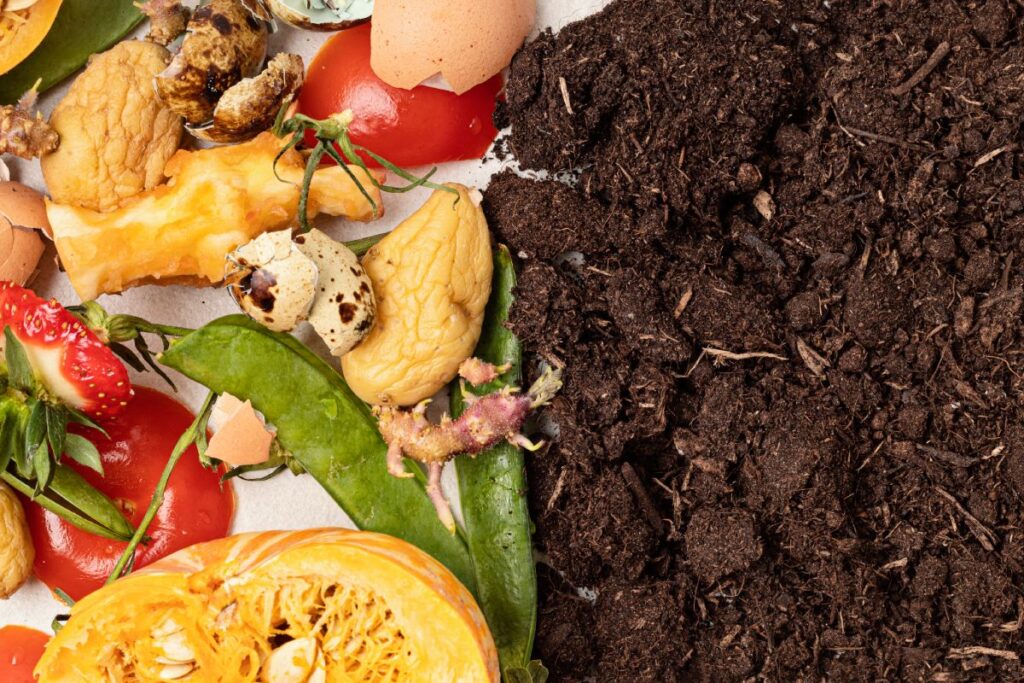
It is hygienic and odour-free
One of the real downsides to composting in your garden, other than the space it can take up, is that it can give off a terrible smell while attracting pests to your home. A good electric composter such as the ones from HASS Thailand, has a robust deodorising system that kills all pathogens and foul odours. So with that and the fact there is no rotten food inside the composter combined with an airtight seal, prevents any odours, which also keeps it safe from any pests.
While it is important to compost your food waste, you should not have to deal with issues like rodents, fungus and smells. By choosing an electric composter you get all of the benefits of organic fertilizer and know that you are doing the right thing without any of the same downsides.
Here are the cons of an electric food composter
For all of these positives and more, electric composters are an excellent choice for your home, but they do still come with a few downsides. The main ones are arguably that:
- You are limited by which materials you can compost and how much you can place in the machine each day.
- You are still using more energy than in an outside compost bin, though without the smells and risk of pests which can also lead to added expenses.
What are the pros and cons of a food dehydrator machine?
Food dehydrator machines also have their pros and cons, beginning with the reasons why some people like to opt for these machines in their homes or businesses:
Here are the pros of a food dehydrator
- You can reduce the weight and volume of your food waste by over 90%, dramatically decreasing the amount of space it takes up.
- They are also odour-free and a cleaner way to deal with your scraps than throwing them on the compost heap.
- They are a far better solution than simply throwing your waste away and letting it end up in a landfill.
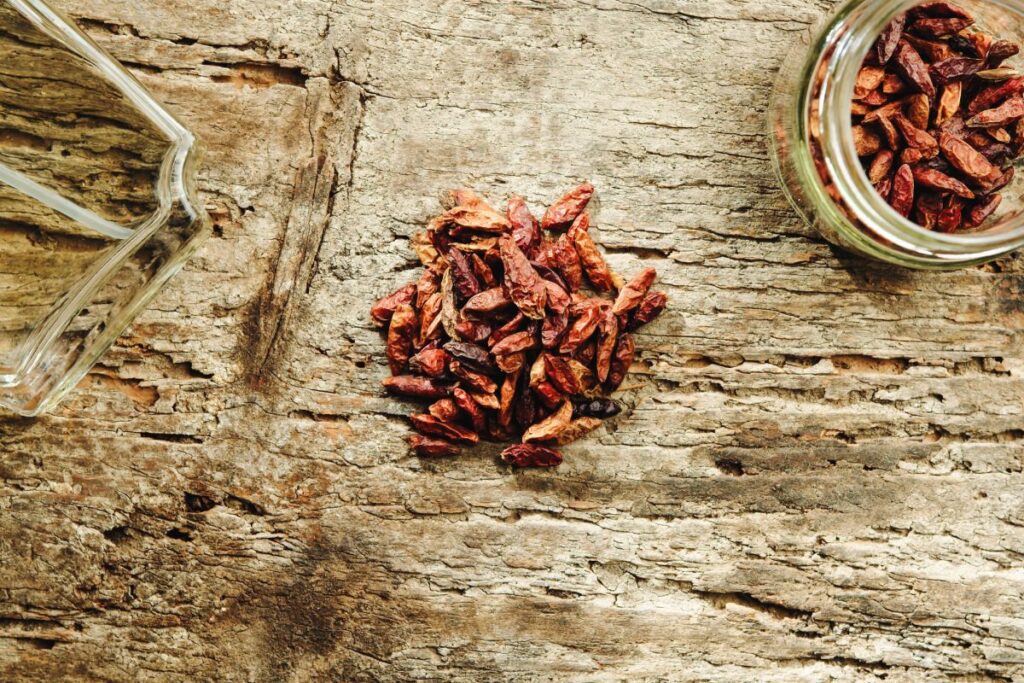
Here are the cons of a food dehydrator
There are also some downsides to using a food dehydrator, especially over an electric composter. Some of the main negatives include the fact that:
- Dehydrated food is not compost! The end result is a sterile and reduced product rather than a rich compost ready to offer nutrients to your garden.
- They don’t naturally break down your waste using an organic process.
- The process is time consuming, you have to dehydrate your food scraps in small batches. Putting the food waste into the dehydrating machine, turning it on, waiting 5 hours, taking the dehydrated food out. Then you have to clean the machine before you use it again. Not only that, you then have to bury the dehydrated food waste in your garden for it to then become fertilizer. All of this adds to your daily routine, so the long-winded process is less than ideal.
- It does use a fair amount of energy to run a food dehydrator, with cycles including a cool-down mode that may be timed and therefore run longer than necessary.
Final thoughts
In this day and age, it is up to each of us to ensure that we act responsibly when it comes to our food waste, and simply throwing it in the bin is not the way to do it. Composting your scraps is the best way to do your part for the environment while also avoiding bad smells and pests in your home.
Using an electric composter will give you a terrific fertilizer to use on your garden, works in a natural and self-sustaining way to break down waste, and is easy to fit in any home. If you are thinking about stepping up and doing your part to be more green, take a look at our available products today.

